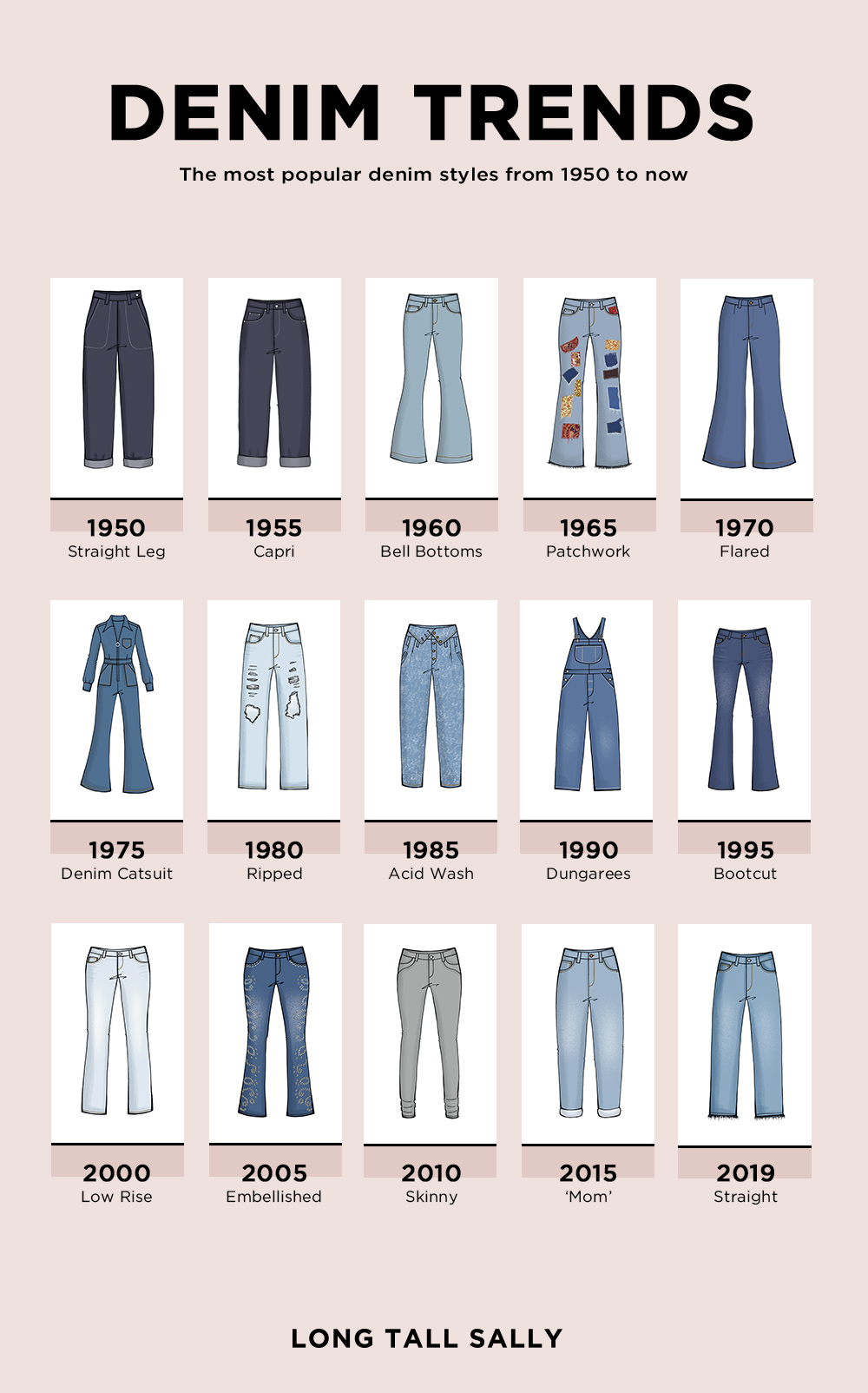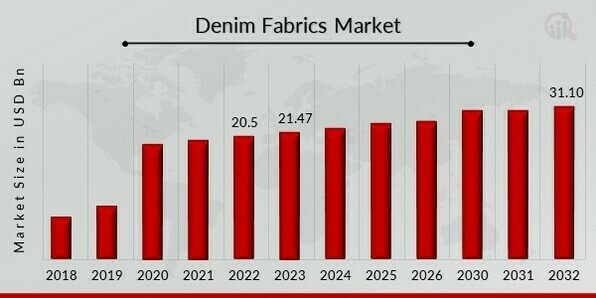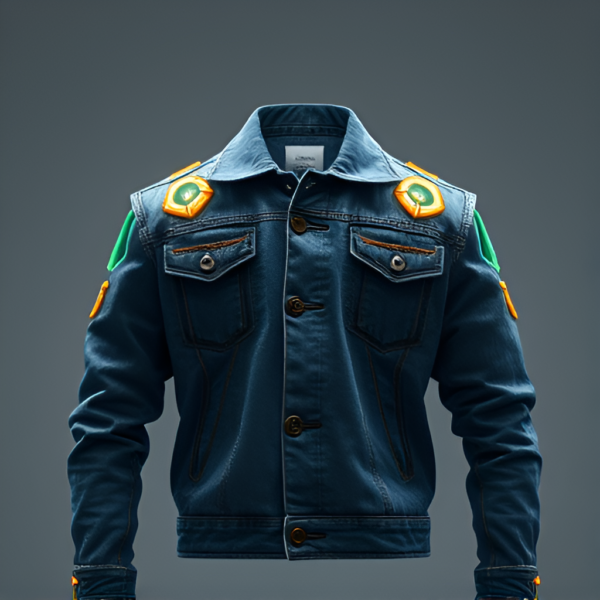Роль денима в розничной торговле модной одеждой

Примерное время чтения: ~3 минуты
Введение
Деним долгое время был краеугольным камнем модной розничной торговли, превратившись из скромного источника рабочей одежды в глобальный модный элемент. Его универсальность, долговечность и вневременная привлекательность делают его фаворитом как среди потребителей, так и среди розничных торговцев. В этой записи блога мы рассмотрим многогранную роль денима в модной розничной торговле, от его исторического значения до его современных тенденций и будущего потенциала.
Историческое значение денима в розничной торговле модной одеждой
История денима в розничной торговле модной одеждой началась в конце 19 века, когда компания Levi Strauss & Co. стала пионером в его использовании для изготовления прочной рабочей одежды, такой как культовая джинсовая куртка и джинсы (Википедия, Levi Strauss & Co.). К 1950-м и 1960-м годам деним вышел за рамки своих утилитарных корней, став символом бунтарства и молодежной культуры. Розничные торговцы извлекли выгоду из этого изменения, предлагая деним как модный выбор для повседневной носки. Сегодня деним — это глобальное явление, и бренды включают специализированные вариации, такие как кромка денима— высококачественная, плотно сотканная ткань, известная своей прочностью и мастерством изготовления (Руководство по кромке денима).

Изменения в джинсах с 1950 по 2019 год
Текущие тенденции в розничной торговле джинсовой одеждой
В последние годы популярность денима резко возросла, чему способствовали: устойчивая мода и рост популярности повседневной одежды. Потребители все чаще ищут экологичные варианты, подталкивая розничных торговцев к внедрению таких методов, как органическое выращивание хлопка и переработанные материалы. Например, Фонд Эллен Макартур Редизайн джинсов инициатива определяет руководящие принципы создания прочного, пригодного для вторичной переработки денима (Руководство по переделке джинсовой ткани на китайском языке).
Продажи экологичного денима выросли на 35% с 2018 года, отражая изменение приоритетов потребителей (Статиста, 2023). Такие инновации, как эластичный деним и необработанный деним удовлетворяют самые разные предпочтения, в то время как розничные торговцы расширяют ассортимент, включая джинсовые платья, комбинезоны и аксессуары.

Будущее денима в розничной торговле модной одеждой
Будущее денима заключается в сочетании традиций с инновациями. Достижения в технологии производства тканей, такие как влагоотводящий деним (например, Cotton Incorporated's ТрансДРАЙ®) и терморегулирующие ткани повышают функциональность спортивной и спортивной одежды. Индивидуализация — еще один рубеж — такие бренды, как Непряденый используйте 3D-сканирование для создания индивидуальных джинсов, сокращая отходы и повышая вовлеченность потребителей.
Розничные торговцы также изучают цикличность, реализуя такие инициативы, как Программы переработки джинсовой ткани набирает обороты. Как подчеркивается в Журнал исследований текстиля, биоразлагаемые красители для джинсовой ткани и замкнутые производственные системы могут переосмыслить концепцию устойчивого развития в отрасли (Журналы SAGE).

Футуристическая джинсовая мечта
Заключение
Роль денима в розничной торговле модной одеждой столь же динамична, как и сама ткань. От своего происхождения как рабочей одежды до статуса устойчивого и технологичного продукта, деним продолжает формировать отрасль. Ритейлеры, принимающие инновации и этику, будут процветать в этой меняющейся среде.
Услуги по настройке от LYDENIM
🎨 Хочу джинсовые ткани на заказ или уникальный индивидуальная джинсовая одежда? Компания LYDENIM специализируется на индивидуальных решениях, отвечающих вашим потребностям в проектировании и производстве.
🛍️ Исследуйте и вдохновляйтесь: Просмотрите наш выбор тканей и найдите идеи дизайна LYDenim.
🌐 Эластичная одежда: Ознакомьтесь с нашими предложениями на МойAlibaba. 📩 Связаться с нами: Обратитесь по адресу malone@lydenim.com.
Создайте свой шедевр из денима с LYDENIM — вашим надежным партнером эластичная ткань и индивидуальные решения для джинсовой ткани.
